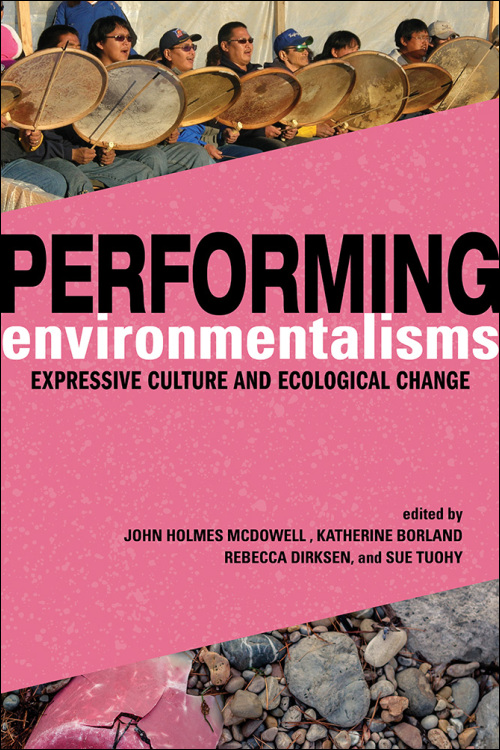DERT team members and collaborators are involved in a wide range of research and community engagement projects on the intersections between expressive culture and ecological change. Read on for a list of current and past research projects conducted by DERT personnel.
2024
Gathering at the Intersections of Folklore and the Environment: In September 2024, in collaboration with the Fellows of the American Folklore Society (AFS) and the Climate Interest Group of the AFS Folklore and Science Section, DERT co-hosted the webinar “Gathering at the Intersection of Folklore and Environment.” This webinar brought together scholars in folklore and adjacent fields as well as practitioners, cultural leaders, artists, and activists throughout the world working at the intersections of expressive culture and the environment. In November, this webinar was followed by a hybrid panel at the AFS Annual Meeting in Albuquerque, New Mexico, titled “Gathering at the Intersections of Folklore and the Environment: Expanding Our Collaborations.” This forum advanced insights from the AFS webinar and broadened the conversation among those doing timely work at these intersections.
2021

Performing Environmentalisms: Expressive Culture and Ecological Change: Following the success of the 2017 symposium, DERT built on the timely discussions that developed there in the form of a book focusing on the intersections between expressive culture and ecological change. In 2021, an edited volume was published by the University of Illinois Press, compiling essays contributed by participants at the 2017 symposium. This book presents the ripened fruit of a stimulating exchange of ideas that continues to foster collaboration across disciplinary boundaries, conceptual frameworks, and research agendas.
2017
Performing Diverse Environmentalisms: Expressive Culture at the Crux of Ecological Change: In March 2017, DERT hosted its inaugural event. This symposium brought together fifteen leading scholars to promote understanding of the roles of expressive culture in situations of ecological challenge and to stimulate collaborative research on the diverse environmentalisms of local and indigenous groups, whose perspectives often are neglected in public discourses about the environment. Rooted in local communities and Indigenous practices, the genres and forms of expressive culture—including songs, stories, handicrafts, and ritual and activist practices—offer powerful resources to individuals and communities as they seek to interpret and manage ecological change.
